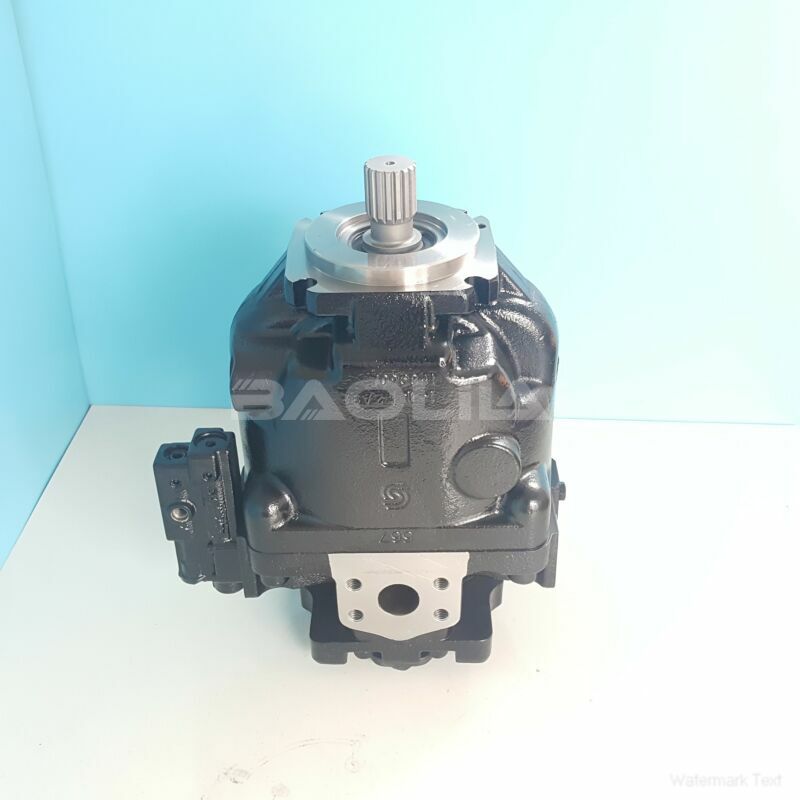ERR147CLS1820NNN3K5NPA1NNNNNNNNNN sauer danfoss pump
ERR147CLS1820NNN3K5NPA1NNNNNNNNNN sauer danfoss pump

- Product Details
- Applicable Scene
Fluid circulation is vital for several reasons. First, it ensures uniform temperature distribution within the reactor, which is crucial for controlling reaction rates and promoting consistent product quality. Additionally, effective circulation aids in the removal of heat generated during exothermic reactions, minimizing the risk of overheating and potential hazards.
ER-R-147C-LS-18-20-NN-N-3-K5NP-A1N-NNN-NNN-NNN
ERR147CLS1820NNN3K5NPA1NNNNNNNNNN
Secondly, hydraulic pumps contribute to the mass transfer processes by maintaining optimal mixing of reactants. This facilitates more efficient reactions, leading to improved yields and throughput. In processes that require solid-liquid interactions, such as crystallization or filtration, proper circulation also helps in maintaining suspension and preventing sedimentation.

83037397
Lastly, hydraulic pump systems can contribute to the overall safety of chemical reactors. By ensuring a steady flow of fluids and maintaining appropriate pressure levels, these systems can help prevent conditions that may lead to hazardous situations, such as gas buildup or thermal runaway reactions.
In conclusion, hydraulic pumps are indispensable components in the operation of chemical reactors, playing a pivotal role in fluid circulation. Their ability to transport and manage fluids ensures effective mixing, temperature control, and safety within the reactor environment. Selecting the right type of pump and optimizing its operation is critical for achieving the desired outcomes in chemical processing, ultimately impacting productivity and quality in the industry. As technology evolves, advancements in pump efficiency and control systems will continue to shape the future of fluid circulation in chemical reactors.





